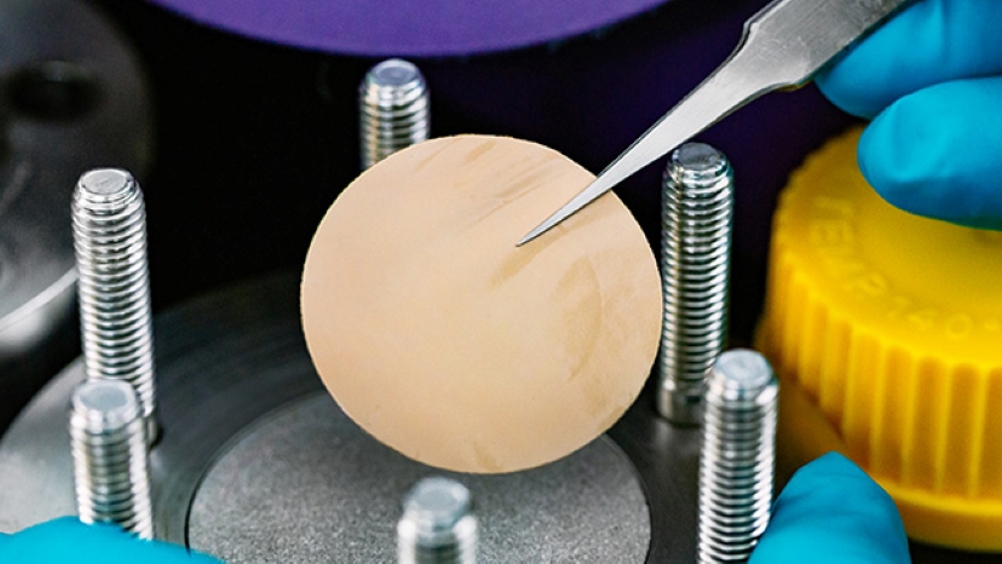Polymer-based membranes selectively separate hydrocarbons
Polymer-based membranes that selectively separate hydrocarbon and crude oil mixtures could surpass current industrial thermal processes, claims a team of researchers at KAUST.

According to the team in Saudi Arabia, their stability and selectivity can be tuned by thermal crosslinking to separate simple hydrocarbon mixtures and complex crude oil fractions.
Separation processes including distillation and evaporation are central to the chemical, pharmaceutical and petrochemical industries, but they are energy intensive, expensive and polluting. According to KAUST, crude oil refineries consume about one per cent of the total energy used worldwide, and some refineries release up to 20 to 35 million tonnes of CO2 into the atmosphere.
Membranes, with their low carbon footprint and ability to fit in small spaces, offer an attractive alternative to these heat-based processes and can reduce the CO2emissions of crude oil refineries.
Polymer membranes are cheaper and easier to manufacture and adapt to large-scale processes than inorganic membranes but their low stability under industrial conditions, such as elevated temperature and certain solvents, affects their performance.
Register now to continue reading
Thanks for visiting The Engineer. You’ve now reached your monthly limit of news stories. Register for free to unlock unlimited access to all of our news coverage, as well as premium content including opinion, in-depth features and special reports.
Benefits of registering
-
In-depth insights and coverage of key emerging trends
-
Unrestricted access to special reports throughout the year
-
Daily technology news delivered straight to your inbox










National Gas receives funding to develop Gravitricity underground hydrogen storage system
One single rock salt mine - Winsford - has 23 <i>MILLION </i>cubic metres of void and even allowing for 10% of that void set aside for hazardous waste...